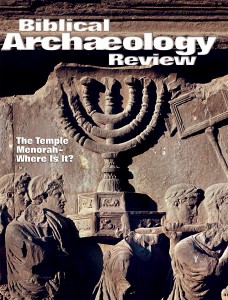First Person: The Gap Between Archaeology and the Bible
Scholars now attack much of the Bible as unhistorical

My friend Hugh Williamson, the Regius Professor of Hebrew at Oxford University, recently sent me a copy of his latest St. George’s Cathedral lecture on archaeology and Biblical history.a “There is still quite a substantial gap between the popular perception [of archaeology] and the position that has been reached by specialists,” he writes.
“Well-meaning Christian folk” who approach the professor don’t seem to realize that “many scholars nowadays would use archaeology precisely to undermine any close connection between the biblical narrative and history as we commonly think of it.”
Instead of confirming the Bible, archaeology, in the hands of many archaeologists, is seen to refute the Bible. In his lecture, Williamson uses the Israelite Conquest of the Promised Land as an example. Sites that were once thought to have contained destruction levels representing the Israelite Conquest as described in the Book of Joshua are now considered refutations of the Biblical narrative. The result, in Williamson’s words: “What was once considered a major argument in favor of a certain position has now to be explained away as a potential source of embarrassment.”
Already a library member? Log in here.
Institution user? Log in with your IP address.

